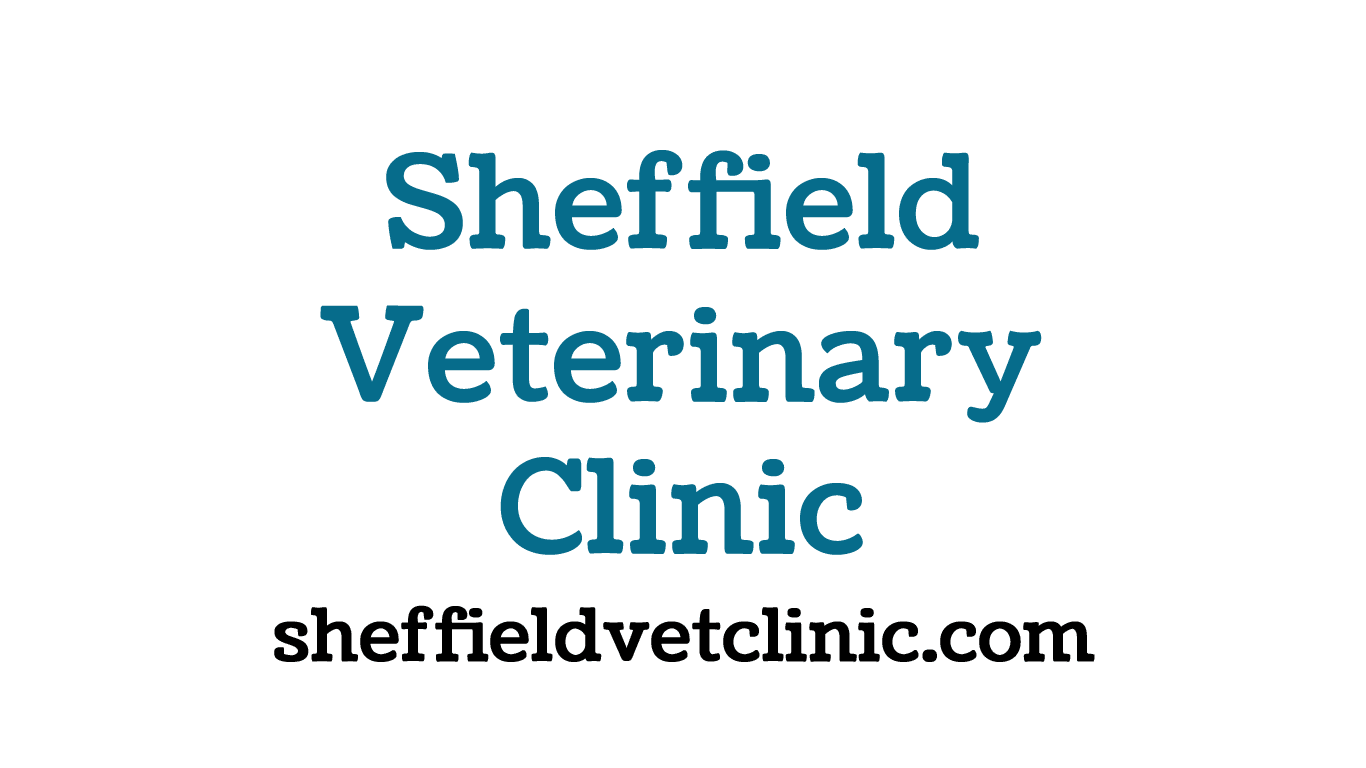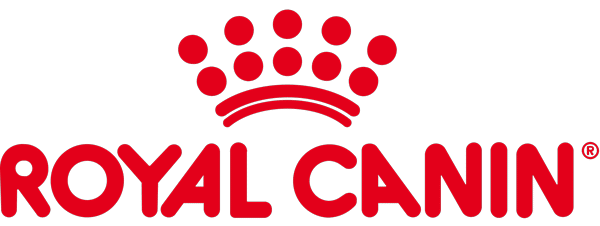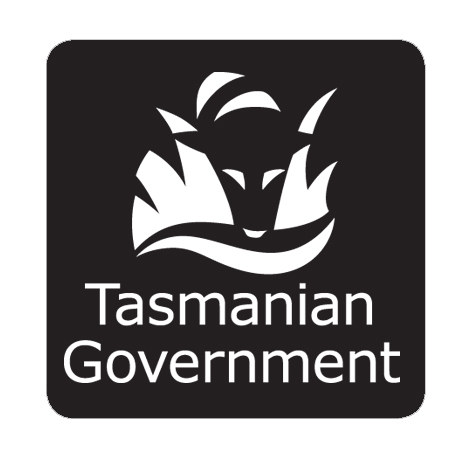We continue to grow our suite of social programs, with Safe Beds recognised as a vital element of the wrap around services available for victim / survivors of family / domestic violence and people experiencing homelessness.
Research shows us that people stay in violent and abusive relationships because they fear for their companion animals.
Generally, interim housing does not accommodate the companion animals of those fleeing violent situations. Leaving those people, often women and children vulnerable to further abuse. A woman’s decision to leave a violent and abusive relationship is a complex process. She first needs to consider the risks to her and her children. Paradoxically, taking that step towards safety is also the time of greatest danger of homicide, sexual assault, and increased violence.
Pets and service animals are also a part of the lives of many families. This means they are an important part of the decision-making process when women consider leaving a violent situation.
A recent Australian study revealed that approximately 50 percent of women in violent relationships reported that their violent partner had hurt or killed one of their pets. The study also revealed that 33 per cent of these female pet owners, who were now living in crisis accommodation, had delayed leaving their violent relationship because of concerns for their pet’s welfare.
Animal abuse often is linked to the severity of domestic violence, and individuals who commit pet abuse are more likely to inflict physical and mental violence on other family members. Many jurisdictions are recognising these facts and changing legislation to include animals in family violence laws, and we are lobbying the Tasmanian government to also include provision for animals in legislation.
This program recently received a funding boost from the National Partnership on Family/Domestic Violence Responses, giving us a little latitude to also care for the animals of people experiencing homelessness, due to the issues around affordable housing and housing supply.
- Pet abuse often occurs before or at the same time as human abuse in domestic and family violence situations.
- A major reason for the abuse of pets by perpetrators is to control women and children.
- Many women will delay leaving an abusive relationship because they cannot make arrangements for the safety of their pets – rates range from 18% to 48% (Volant et al., 2008).
- Significant trauma is experienced by women and children witnessing the threat or actual abuse of pets.
- Over 50% of pets living in violent households are reported as deliberately injured or killed (Ascione 1997; Volant et al. 2008).
- Pets are an important part of the family, and they play a significant role in increasing the physical and emotional wellbeing of their owners (Taylor, et al., 2020).





















